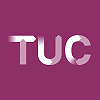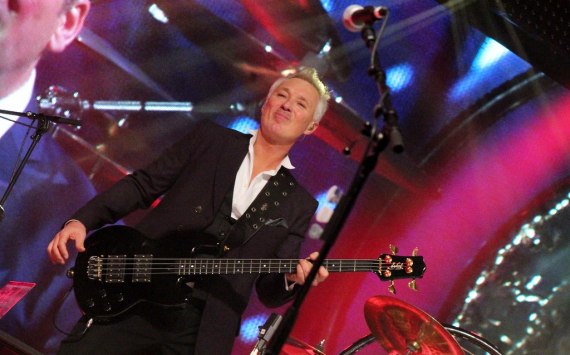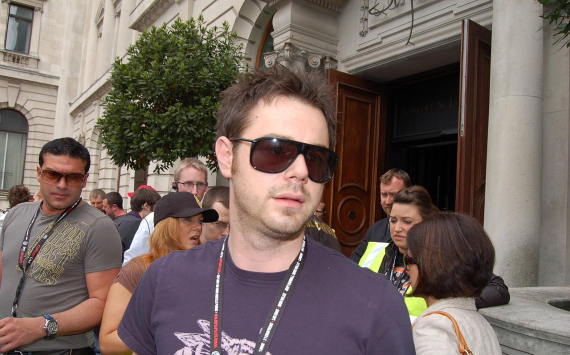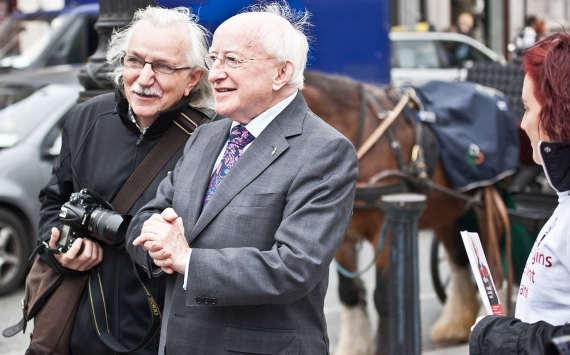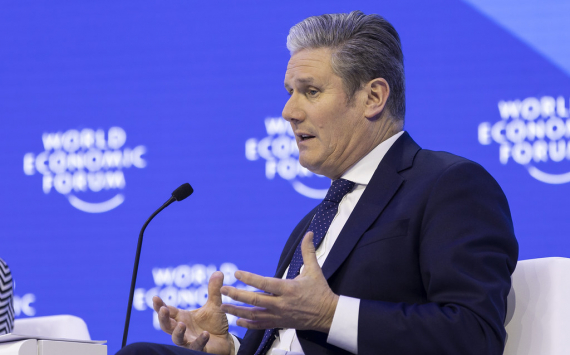
Starmer's Path to Power
With a potential general election looming, Keir Starmer's message to union leaders at a dinner in Liverpool was clear: "eyes on the prize." The Labour leader delivered a relaxed after-dinner speech with football humor, earning a standing ovation.
Most delegates at this likely final TUC gathering before the election were enthusiastic about removing the Tories from power, toning down their doubts about Starmer. Major Labour-affiliated unions, including Unison and GMB, support a transformative workers' rights package, which includes workplace union organization, a ban on zero-hours contracts, and repealing anti-strike laws. Angela Rayner, Starmer's deputy, guaranteed that these policies would be introduced within Labour's first 100 days.
However, Unite, formerly aligned with Jeremy Corbyn's Labour, refused to join the support in Liverpool. Unite's leader, Sharon Graham, accused Labour of diluting the workers' rights package, though other union leaders noted her absence from the negotiations.
Despite concerns about Labour's cautious approach, most Labour-affiliated unions showed unity. Some union leaders hope for firmer spending commitments, such as a £15 minimum wage, and increased public service funding. They plan to privately lobby Labour on these issues.
Details of the workers' rights package are still being worked out, including the definition of "exploitative" zero-hours contracts and the implementation of fair pay agreements.
Overall, trade unionists in Liverpool held their breath, hoping for a Starmer-led Labour government that would prioritize workers after years of austerity.
Unite's stance irritated other unions, who viewed it as provocative. The TUC's general secretary, Paul Nowak, emphasized voting for Labour in his speech, advocating for a union voice in all aspects of decision-making.
While Unite's criticism of Labour is not isolated, the majority of unions are reluctant to dissent publicly as a crucial polling day approaches. However, Starmer will continue to face pressure regarding tax and spending, as some union leaders call for bolder policies, including a wealth tax.








